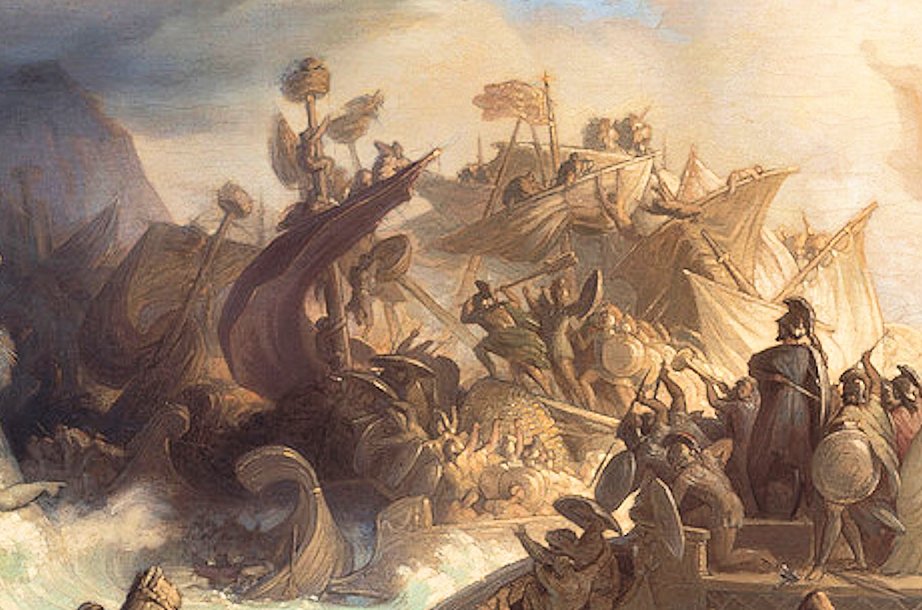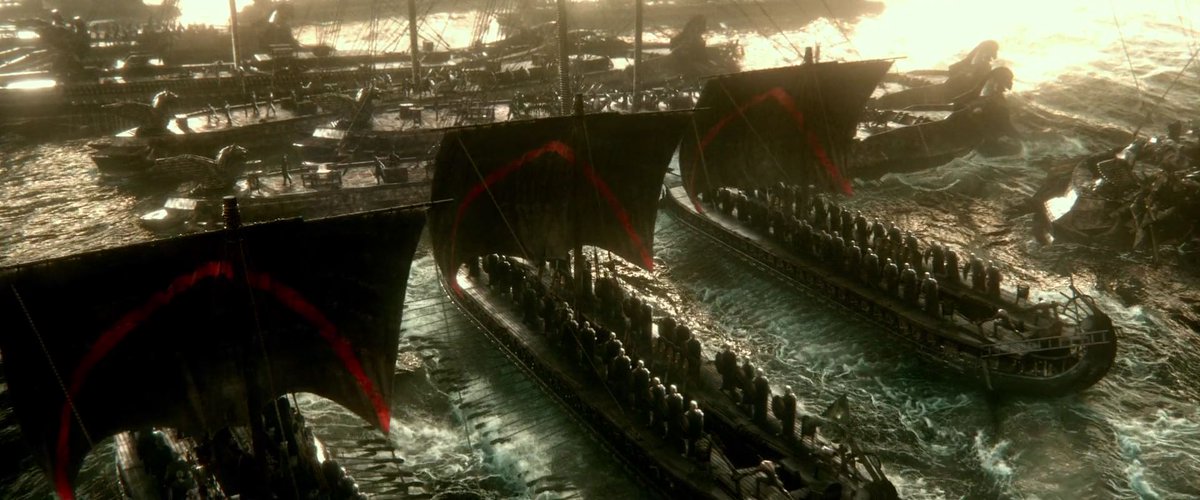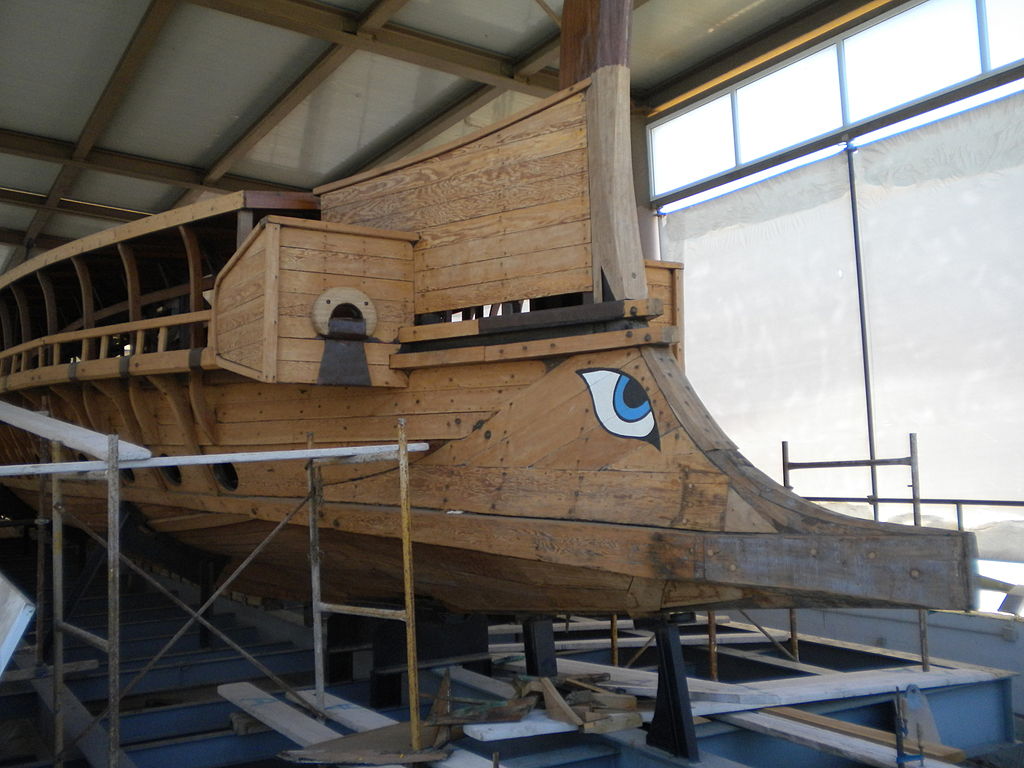The myths around Thermopylai often rely on broader misconceptions about ancient Sparta.
Well, we can't have that can we?! Come along with @Roelkonijn and me, for another thread looking at 12 key myths about the Spartan culture, and their army 1/16
Well, we can't have that can we?! Come along with @Roelkonijn and me, for another thread looking at 12 key myths about the Spartan culture, and their army 1/16
Myth #1: Spartans were professional soldiers.
The big one! This comes from Xenophon's description of Lykurgus banning Spartiates from having a job.
He doesn't actually say anything about them soldiering which, you know, is a job! Seem more like 'professional citizens'
2/
The big one! This comes from Xenophon's description of Lykurgus banning Spartiates from having a job.
He doesn't actually say anything about them soldiering which, you know, is a job! Seem more like 'professional citizens'
2/

*CW: Infanticide*
Myth #2: Spartans killed imperfect babies by throwing them off a mountain.
This is very iffy: the literature is suspect and the archaeology does not support it. See this #badancient write up here: badancient.com/claims/spartan…
3/
Myth #2: Spartans killed imperfect babies by throwing them off a mountain.
This is very iffy: the literature is suspect and the archaeology does not support it. See this #badancient write up here: badancient.com/claims/spartan…
3/
Myth #3: Spartan armies were superior.
Spartan armies were actually very rare. Most examples show a Spartan army was more commonly a Spartan 'led' army, with very few Spartans actually in it.
4/
Spartan armies were actually very rare. Most examples show a Spartan army was more commonly a Spartan 'led' army, with very few Spartans actually in it.
4/
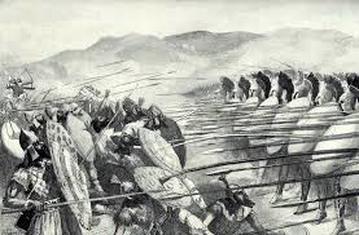
Myth #3 (ctd): The Spartans did lose battles.
Such as Thermopylai (480), Olpai (426), Sphakteria (425), Leuktra (371), 2nd battle of Mantinea (362) and many others! See @Roelkonijn write up here: ancientworldmagazine.com/articles/spart…
5/
Such as Thermopylai (480), Olpai (426), Sphakteria (425), Leuktra (371), 2nd battle of Mantinea (362) and many others! See @Roelkonijn write up here: ancientworldmagazine.com/articles/spart…
5/
Myth #4: Spartans never surrendered.
Except for when they did?
This reputation comes from Thermopylai, but they famously surrendered at Sphakteria (425) to the supposed shock of the Greek speaking world.
So yeah, there's that!
6/
Except for when they did?
This reputation comes from Thermopylai, but they famously surrendered at Sphakteria (425) to the supposed shock of the Greek speaking world.
So yeah, there's that!
6/
Myth #5: Spartans were equals and shunned wealth.
This has influenced many thinkers over the millennia, but it’s not really true.
Coinage was restricted, but Spartans accumulated private wealth, and there was a real disparity in personal income from their lands.
7/
This has influenced many thinkers over the millennia, but it’s not really true.
Coinage was restricted, but Spartans accumulated private wealth, and there was a real disparity in personal income from their lands.
7/
Myth #6: Sparta was an austere place, with no extravagance.
Sparta was not considered equal to Athens in its monuments and architecture, but few places were! That doesn't mean it shunned ornate designs.
See Pausanias' description of the beautiful temple of Athena: 3.17.2-3
8/
Sparta was not considered equal to Athens in its monuments and architecture, but few places were! That doesn't mean it shunned ornate designs.
See Pausanias' description of the beautiful temple of Athena: 3.17.2-3
8/
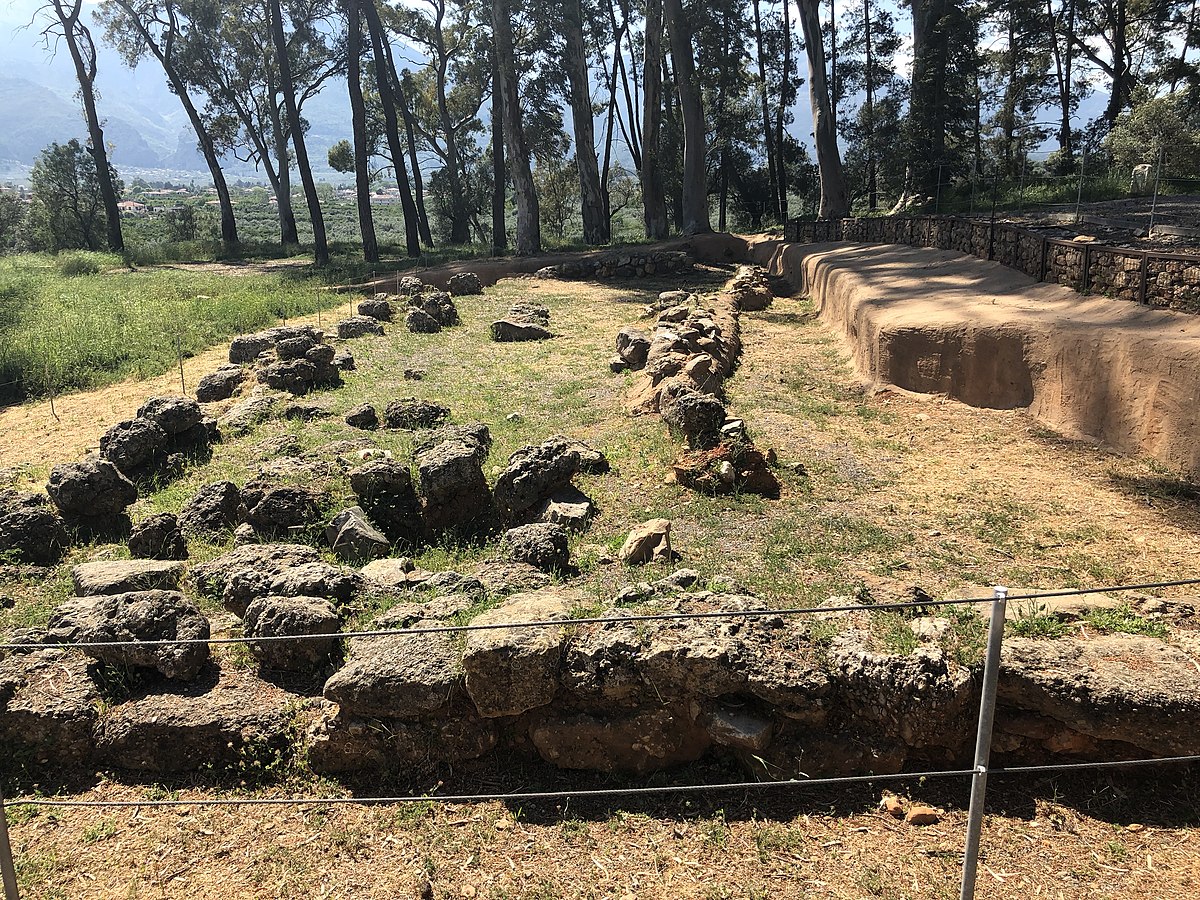
Myth #7: Spartans were trained for war from a young age.
Evidence for the agoge does not show any military training/ formation drills / weapon skills.
It did encourage traits that would be useful in war (endurance, strength etc) but so do many other non-war related things!
9/
Evidence for the agoge does not show any military training/ formation drills / weapon skills.
It did encourage traits that would be useful in war (endurance, strength etc) but so do many other non-war related things!
9/
Myth #8: Spartan armies were made up of Spartans.
Not only would they include allies (see myth #3), but the majority of their forces were made up of enslaved Helots (maybe outnumbering Spartans 7:1) and freeborn non-citizens called perioikoi.
10/
Not only would they include allies (see myth #3), but the majority of their forces were made up of enslaved Helots (maybe outnumbering Spartans 7:1) and freeborn non-citizens called perioikoi.
10/
Myth #9: Spartan education was only aimed at preparation for war.
Work has been done analysing literacy and numeracy rates in Spartan, they must have learnt to read or else their use of things like inscriptions makes no sense.
11/
Work has been done analysing literacy and numeracy rates in Spartan, they must have learnt to read or else their use of things like inscriptions makes no sense.
11/
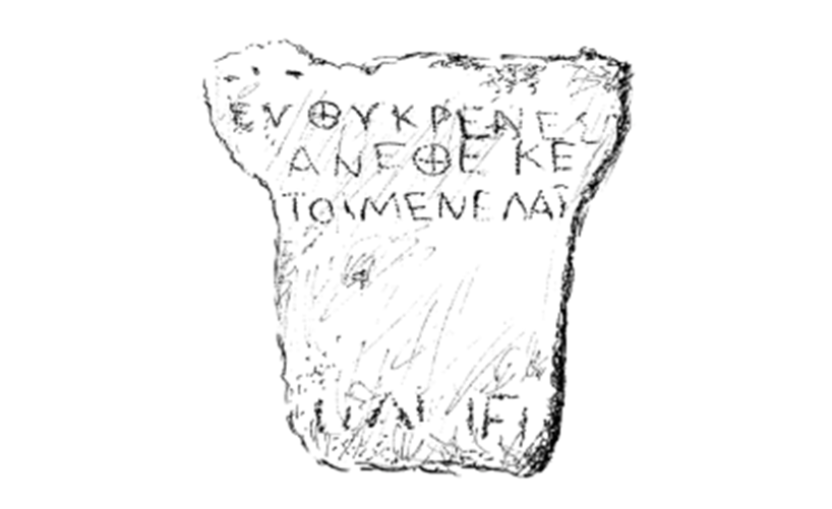
Myth #9 ctd: The agoge does not seem to supply this, so private tuition at home was likely. Image above comes from here: warwick.ac.uk/fac/arts/class…
12/
12/
Myth #10: Sparta cared about the freedom of the Greeks.
Sparta continuously concerned itself with Spartan freedom, but little else.
Notably their enslaved Helot population were Greek - so they didn't care that much then did they?
13/
Sparta continuously concerned itself with Spartan freedom, but little else.
Notably their enslaved Helot population were Greek - so they didn't care that much then did they?
13/
Myth #11: Spartans would form hit squads to kill Helots.
The krypteia, as it is called, is poorly attested and mostly appears in very late sources.
Even if it is true, it only involved a very small number of elite Spartiate boys. So not all Spartans took part.
14/
The krypteia, as it is called, is poorly attested and mostly appears in very late sources.
Even if it is true, it only involved a very small number of elite Spartiate boys. So not all Spartans took part.
14/
Myth #12: Spartan culture was entirely geared to war.
Not really, Spartan culture was similar to other elite cultures in Greece:
Lazily chilling at the farm, bit of hunting, drinking (in moderation), group meals for gossip and revelry, sex, a fight now and then, etc.
15/
Not really, Spartan culture was similar to other elite cultures in Greece:
Lazily chilling at the farm, bit of hunting, drinking (in moderation), group meals for gossip and revelry, sex, a fight now and then, etc.
15/
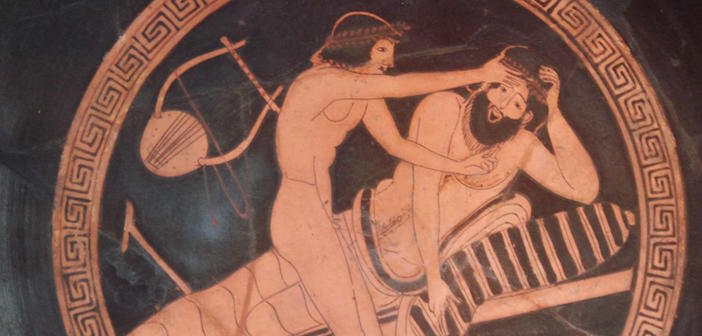
We don't have all the answers, but we can break away from some of the myths and see the latest work on Spartan history.
Follow ppl like: @UoNClassics @barry_trainor1 @ChrysaGallou @MariaPretzler @AncientWorldMag or #BadAncient I will have missed missed people so tag below!
End/
Follow ppl like: @UoNClassics @barry_trainor1 @ChrysaGallou @MariaPretzler @AncientWorldMag or #BadAncient I will have missed missed people so tag below!
End/
• • •
Missing some Tweet in this thread? You can try to
force a refresh




